Publications
Articles, publications, books, tools and multimedia features from the U.S. Institute of Peace provide the latest news, analysis, research findings, practitioner guides and reports, all related to the conflict zones and issues that are at the center of the Institute’s work to prevent and reduce violent conflict.
Syrian Expatriates Examine the Roles of Women and Minorities in Uprising
Syrian expatriates appearing at the U.S. Institute of Peace (USIP) on March 9 assessed the challenges facing women and ethnic or religious minorities in the country’s increasingly deadly revolution, asserting that opposition sentiment broadly envisions a post-Assad Syria that will be inclusive and respect their rights in a diverse country.
Briefing on the Seoul Nuclear Security Summit
On March 12, the U.S. Institute of Peace’s (USIP) Center for Conflict Management and the Harvard Kennedy School’s Belfer Center for Science and International Affairs co-convened a closed briefing on the Seoul Nuclear Security Summit for senior diplomats of countries whose head of state will be participating in the summit. Ambassadors, Deputy Chiefs of Mission, and Heads of Political Section from over 30 embassies participated in the briefing.
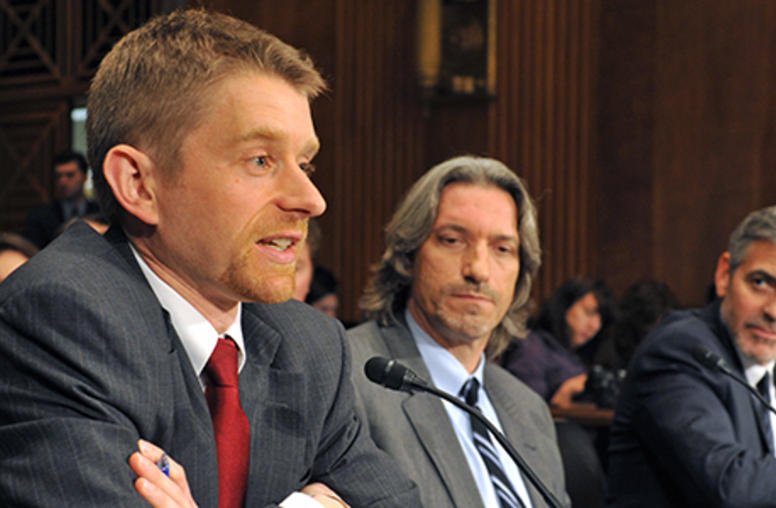
Sudan and South Sudan: Independence and Insecurity
Jonathan Temin, director of Sudan programs at the U.S. Institute of Peace, testified on the situation in Sudan and South Sudan before the Senate Foreign Relations Committee on March 14, 2012.
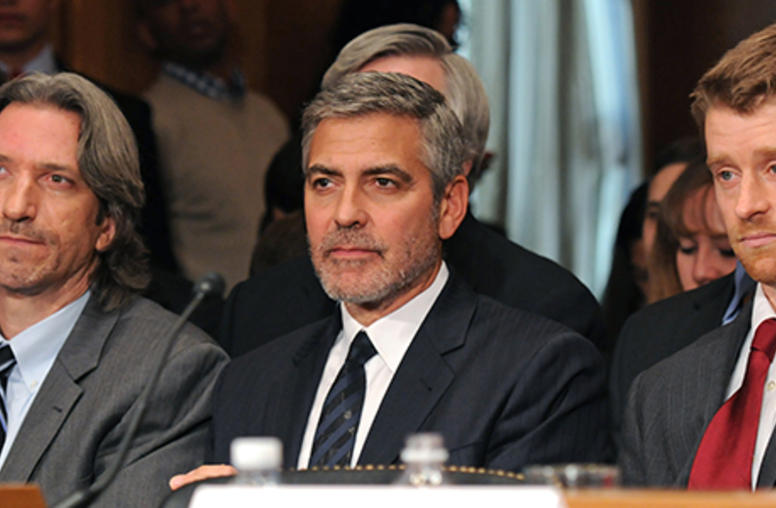
USIP's Jon Temin Testifies Before the Senate on the "Two Sudans"
Drawing on the expertise of USIP’s Jon Temin, the Senate Foreign Relations Committee invited him to testify on “Sudan and South Sudan: Independence and Insecurity” on Wednesday, March 14, 2012. The hearing focused on unresolved issues following South Sudan’s secession last July, including humanitarian access and an impasse over oil transit. The hearing also examined violence and division in South Sudan, the state of democracy on both sides of the border, and prospects for progress in Darfur...
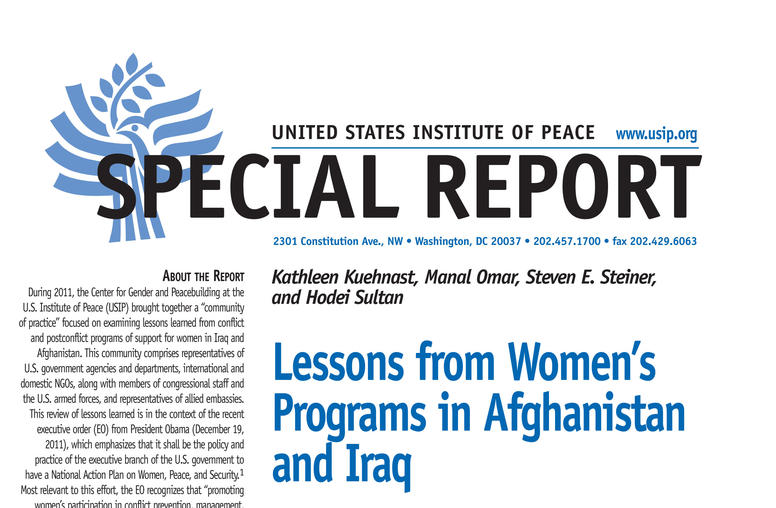
Lessons from Women's Programs in Afghanistan and Iraq
Despite years of efforts aimed at expanding women’s rights and opportunities in Iraq and Afghanistan, women in those countries face major obstacles in consolidating these gains. Recognizing that women’s empowerment contributes significantly to stability, USIP convened experts to assess what has been learned in developing women’s programs in Afghanistan and Iraq and to establish best practices for future programs in conflict zones.
Killing of Afghan Civilians Deepens U.S.-Afghan Tensions
USIP’s Andrew Wilder assesses how the killing of 16 civilians allegedly by a U.S. soldier in Kandahar province will impact U.S. policy on Afghanistan and the prospects for talks with the Taliban.
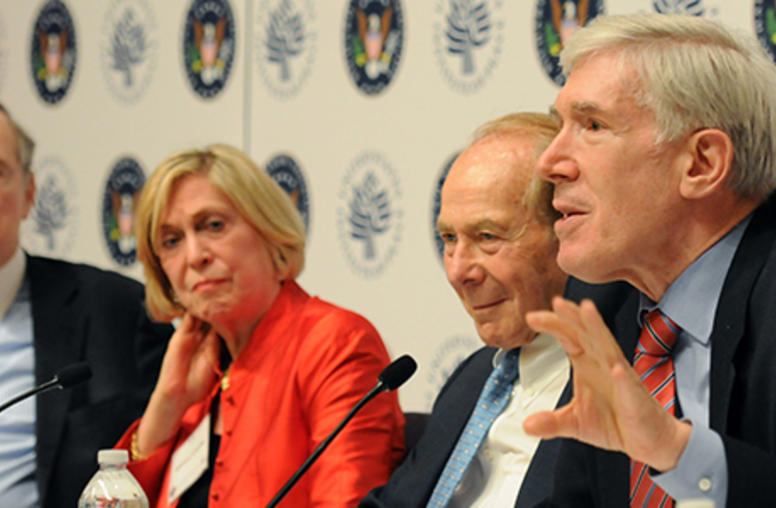
Coping with an Economic Juggernaut
How does the U.S. – and the world – cope with the economic juggernaut that is China?
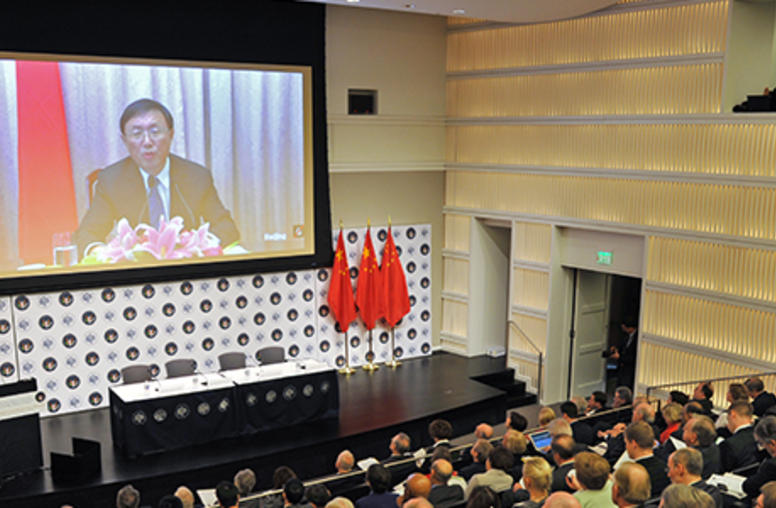
U.S. – China: Looking Back, Looking Ahead at a Critical National Security Relationship
In a historic gathering of the leading officials who have built and managed the U.S.-China relationship, policymakers from both sides of the political aisle assembled at the U.S. Institute of Peace (USIP) on March 7 to assess the history, current state and future prospects for this critical relationship. The occasion was the 40th anniversary of President Nixon’s breakthrough trip to Beijing in February 1972.
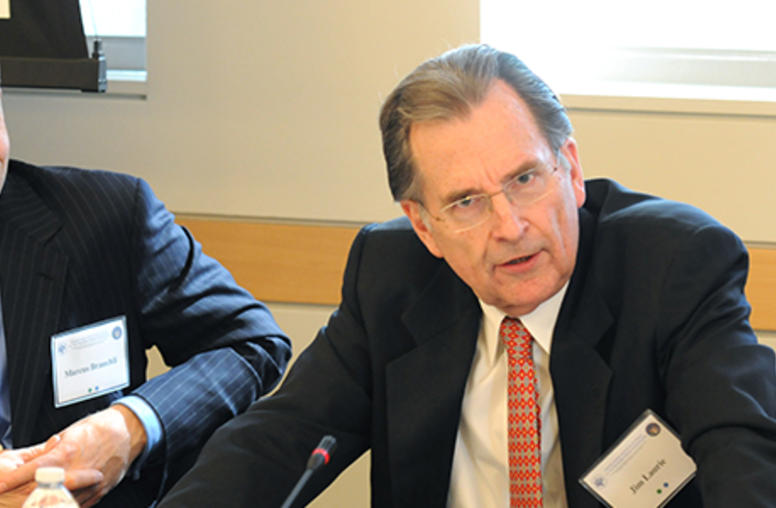
The Media and Changing Public Perceptions of China: Nixon to Obama
The Week that Changed the World conference, co-hosted by the U.S. Institute of Peace and the Richard Nixon Foundation at USIP on March 7, drew a panel of journalistic China hands to discuss the impressions of China left by U.S. news media coverage over the past four decades.
USIP Focuses on the Conflict in Syria
At the end of a week that included renewed fighting in Syria, USIP focuses on the roles and challenges of women and minorities in the Syrian Uprising and the broader national security issues at stake for America and the world. This program is part of the Institute’s commitment to conflict management, training and peacebuilding in Syria and around the world.